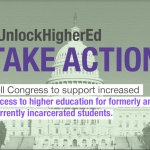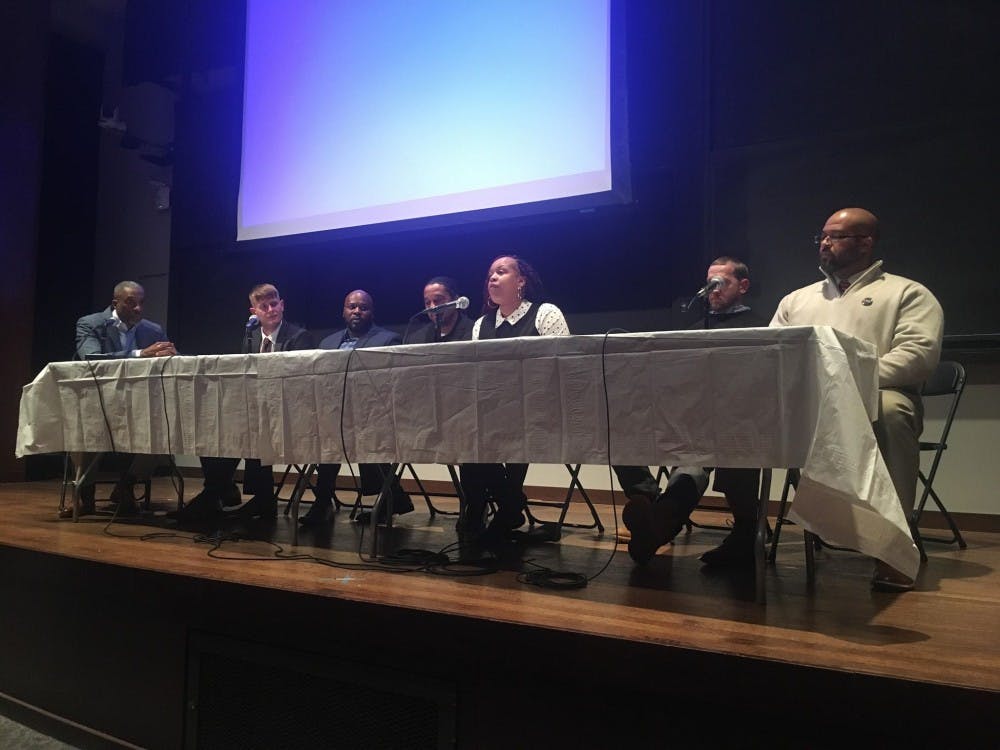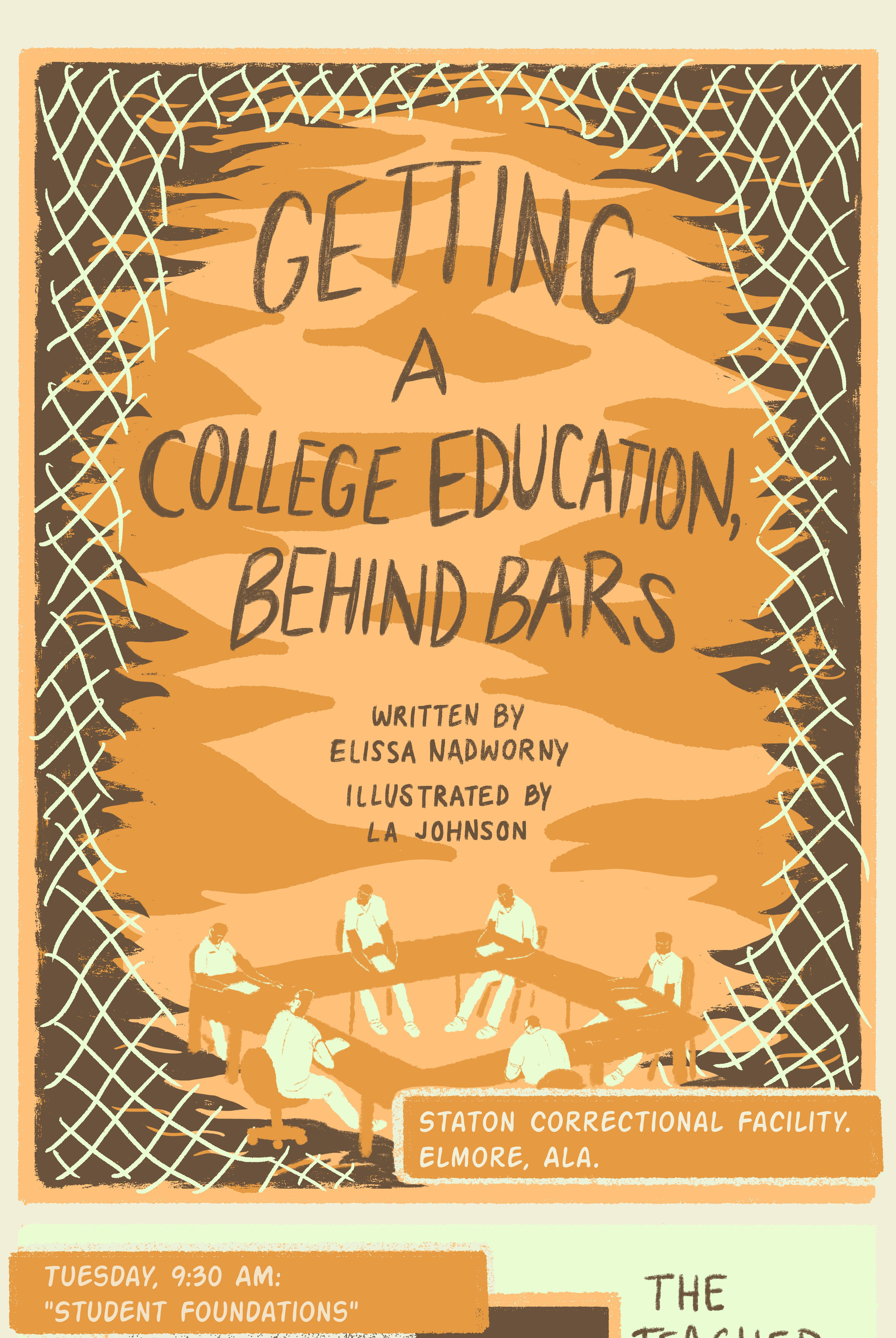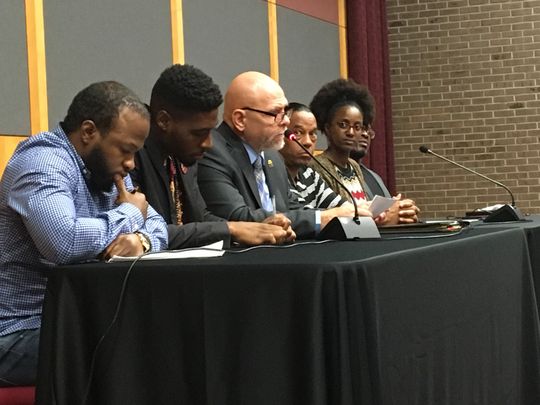
May 29, 2019
by Eric Pereira
Comments Off on Tia Ryans Makes the Most of Her Second Chance
From: https://sasn.rutgers.edu
Thirty-three-year-old Tia Ryans (SASN ’19) is not your traditional college graduate.
A formerly incarcerated student who arrived at Rutgers University–Newark (RU-N) in 2015, she has walked a path no one should have to tread. But with laser-like focus and a lot of hard work—and the support of many individuals who have been there for her along the way—Ryans realized her long-held dream of a college degree, graduating RU-N this past week with a B.A. in Political Science and a minor in African American Studies.
“Rutgers-Newark has been the best experience of my life, the driving force behind my dreams and the beginning of my second chance,” says Ryans. “For that I am truly grateful.”
Ryans’ story starts with a tumultuous childhood.
From age 5 to 14 she was sexually abused by her stepfather, prompting her to run away from home often. Along the way she had brushes with the law and lived in a series of group homes. Despite attending seven different schools, she was a good student, graduating from Orange High School in 2004 with a 3.8 GPA.
As she started community college that same summer, life looked good for the Howell, NJ, native, but Ryans was incarcerated during the fall semester and sent to the Edna Mahan Correctional Facility for Women, in Clinton, NJ, where she served 10 years. About halfway into her term, she began taking college courses with the help of the New Jersey Scholarship and Transformative Education in Prisons program (NJ-STEP), an association of New Jersey colleges and universities that provides higher-education courses for state inmates and assists in their transition to college life upon release.
Blazing a Trail
Since arriving at RU-N, Ryans has been a tireless advocate for criminal justice reform, especially mass incarceration and its effects on families and communities of color. She’s done this through a series of fellowships, internships and volunteer work, along with participation in campus organizations.
She started in 2016 by becoming a Fellow with Beyond the Bars, a program of Columbia University’s Center for Justice, which provides participants with a deeper understanding of mass incarceration and a chance to collaborate with social-justice activists and academics to plan the organization’s annual conference.
Ryans was the first formerly incarcerated intern for both Payne and FWD.us. The latter org liked her so much, they offered her a job she could do remotely from school starting the following semester.
The Future Is Now
In late 2018 Ryans also started working part-time as a canvasser, then field coordinator, at the nonprofit advocacy group Clean Water Action, based in Montclair, NJ. She’s since been promoted to Field Director of the organization’s Lead Service Line Replacement Program and will be splitting her time between the state office and other locales. It’s her first full-time job out of college.
“I’m definitely excited to be starting a career so soon,” says Ryans. “Initially I was skeptical because I was focused on criminal justice reform, my original passion, and then moved on to environmental work, but then I realized the intersectionality of all these issues and how they impact one another.”
Amidst all this, Ryans is also starting her own nonprofit called FORTE House (Forcing Out Recidivism Through Education), which will provide transitional housing for formerly incarcerated students pursuing a secondary degree in New Jersey. Ryans says the organization will focus on Newark initially, and she hopes to build out to Camden and New Brunswick from there. She drafted her business plan and received mentoring and other resources through Rutgers Business School’s RU Flourishing initiative, which helps ex-inmates start and nurture ventures enabling them to build new lives.
And recently, Ryans was asked to join the Advisory Board for Princeton University’s Prison Teaching Initiative (PTI), which was a founding member of NJ-STEP. It’s been a busy few years since arriving at RU-N and undoubtedly the best of Ryans’ life thus far.
“Rutgers has welcomed a large number of formerly incarcerated students to learn and excel with open arms,” says Ryans. “I speak for many when I say we are incredibly grateful.”
Read Full Article Here.
By Lawrence Lerner






























